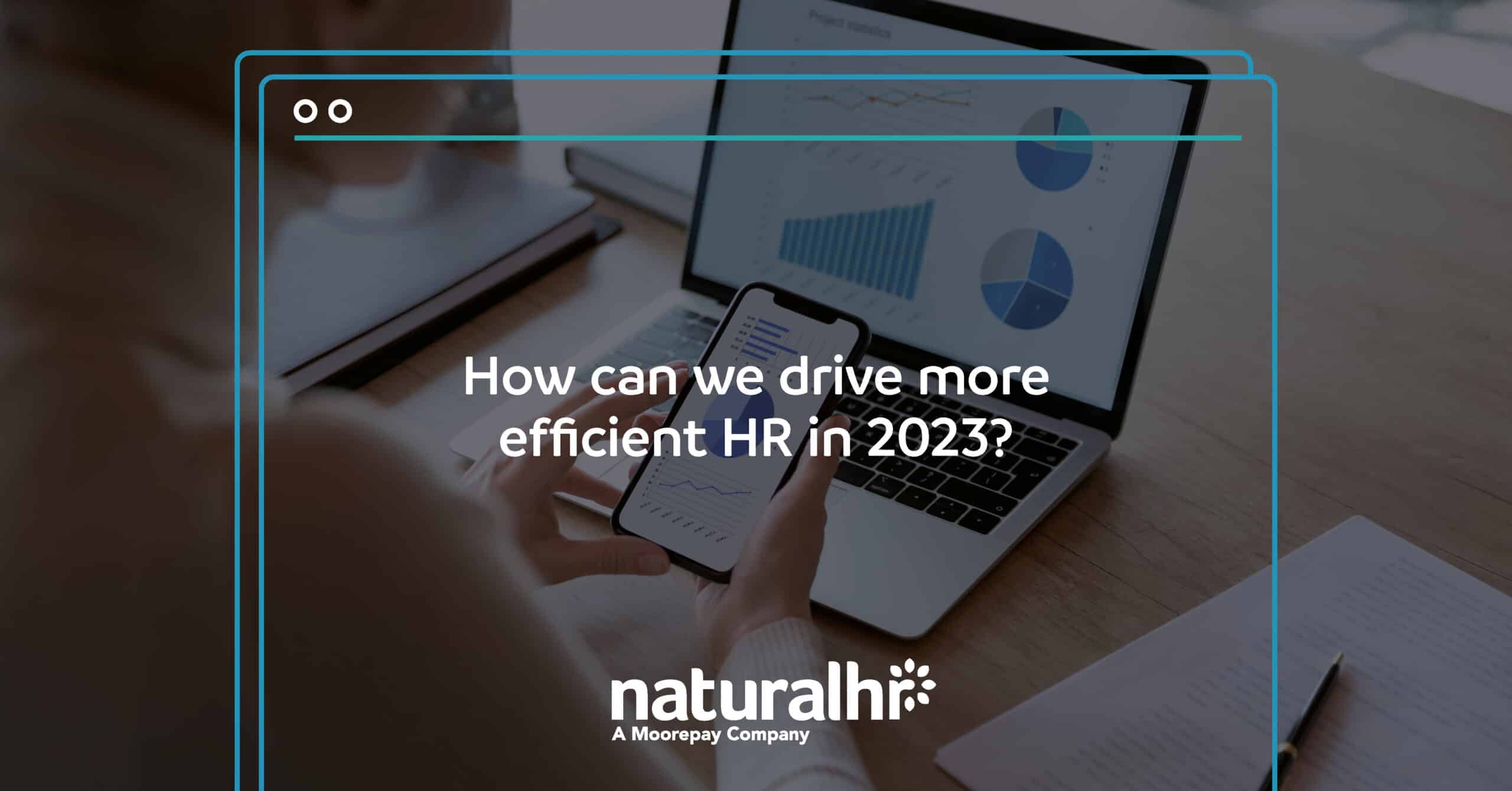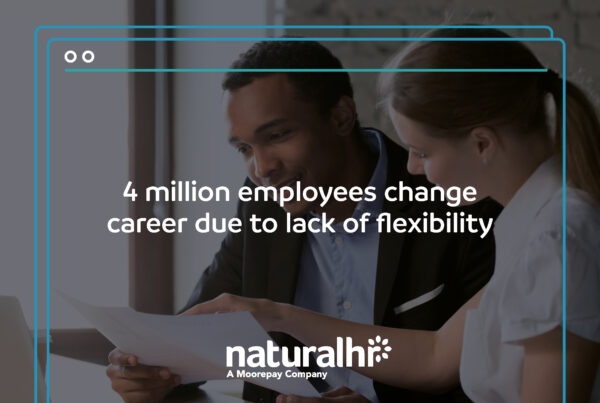
HR is a notoriously admin and document-heavy sector. From payroll details and contact information to performance reviews and engagement surveys, the abundance of personal data is a lot for any HR team to manage – particularly when it’s mostly paper-based.
But now, in the digital age, technology drives departments. File cabinets have been transformed into cloud storage and physical manpower has been exchanged for automation. However whilst other departments have transitioned, HR has struggled to overhaul its system and processes due to its intrinsic link to the paper world.
Even now that the HR technology market is booming and more organisations are realising its benefits, teams are still facing massive inefficiencies. Our annual report, HR in 2023 and beyond, revealed that this is still a widespread problem in 2023 with 35% citing it as a main challenge this year. We explore why this is and how this can be mitigated with an HR solution.
The new normal
Uploading information to HR systems and creating workflows whilst adhering to strict data protection legislation is no small feat. But in 2020, the pandemic and lockdown procedures introduced a new set of administrative and people-focused challenges.
The overnight shift to remote working was a logistical nightmare for businesses that were not familiar with employees working from home. They were forced to implement technology quickly to manage staff access and communication needs. This resulted in much tech but little reward or value for many.
But whilst all of this was happening on the surface, HR was also dealing with confused and burnt-out employees who were looking to their people team for clarity and help – all in the midst of managing widespread redundancies.
HR teams had to work out how to store and manage employee data remotely, how to onboard and offboard staff, roll out learning and development programmes and boost employee engagement from home. This took a lot of work for HR professionals who were used to paper documents and physical contact time in the office.
While some found quick answers in using multiple tools and applications, the disparate and siloed nature of this way of working wasn’t sustainable in the long run. Especially since we now know that hybrid working is here to stay.
One single source of truth
Therefore, many have turned to HR technology. Organisations can utilise people–focused solutions to create a centralised system which securely holds employee data and can help remote teams manage HR-related communications across the entire business.
We found that 79% of HR professionals are using some sort of HR system in 2023. But although many have experienced benefits – including reduced admin, going paperless and better reporting functionality — it’s clear that HR continues to struggle with administrative and procedural issues due to hybrid work.
They are still trying to find ways to manage different working schedules and hours and ensure employees stay engaged and empowered to do their jobs proficiently from wherever they are.
But with the right technology in place, companies can mitigate these problems and ensure they can that the HR department is as efficient and engaging as possible.
The management, accessibility and security of employee information are of the utmost importance for companies in 2023. And HR tech – when set up and used correctly – can seriously improve day-to-day operations for HR teams, whilst enabling them to be agile in the future.
Read more in Natural HR’s free guide
Our new research report reveals the challenges, priorities and initiatives that businesses need to address and focus on in 2023 to create a better working environment for their staff.
With hybrid working going strong and HR departments still finding their feet after the seismic shift in operations, we discover how HR technology can empower teams to streamline workflows so they can focus on value-add strategies.
You can discover more about the future of HR by downloading the report today.





